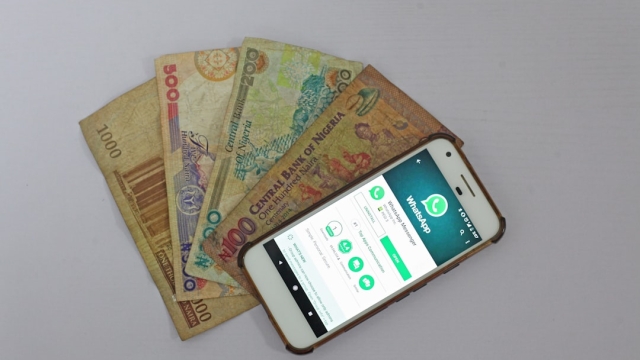As the popularity of digital currencies continues to rise, understanding the importance of cryptocurrency security becomes essential for anyone looking to invest or transact in this space. With the potential for significant financial gains comes an array of risks that can threaten your investments. This article will explore these risks provide best practices for securing your cryptocurrency, and discuss common security threats and how to avoid them, ensuring that you can navigate the world of digital assets safely.
Understanding Cryptocurrency Risks
Investing in cryptocurrency comes with unique risks that differ from traditional financial assets. One of the primary concerns is the digital nature of these currencies, which makes them susceptible to hacking and theft. Unlike physical cash, cryptocurrencies are stored in digital wallets, which can be vulnerable if not properly secured. Additionally, the lack of regulation in the cryptocurrency market means that investors are often unprotected against fraud and scams, making it crucial to understand the risks before committing any funds.
Market volatility is another significant risk associated with cryptocurrencies. Prices can fluctuate dramatically in a short period, leading to potential losses. For this reason, investors should be prepared for the possibility of sudden market changes and have strategies in place to manage their exposure effectively.
Best Practices for Securing Your Cryptocurrency
To minimize the risks associated with cryptocurrency investments, implementing solid security practices is essential. Here are some key measures to consider:
Use Hardware Wallets
One of the most effective ways to secure your cryptocurrency is by using a hardware wallet. These devices store your private keys offline, making them significantly less vulnerable to hacking attempts compared to online wallets. Hardware wallets are designed specifically for cryptocurrency storage, providing an added layer of protection for your digital assets.
Enable Two-Factor Authentication
Setting up two-factor authentication (2FA) on your cryptocurrency exchange accounts and wallets is another crucial step for enhancing security. 2FA requires a second form of verification, such as a code sent to your mobile device, in addition to your password. This makes it much more difficult for unauthorized individuals to access your accounts, even if they manage to obtain your password.
Regularly Update Software
Keeping your wallet software and any related applications up to date is vital for maintaining security. Software updates often include patches for known vulnerabilities that hackers could exploit. By staying current with these updates, you can help protect your funds from potential threats.
Common Security Threats and How to Avoid Them
Awareness of common security threats is vital for anyone involved in cryptocurrency. Here are a few prevalent risks and how to mitigate them:
Phishing Scams
Phishing scams are a common tactic used by cybercriminals to steal personal information. These scams often involve emails or messages that appear to be from legitimate sources, prompting users to click on malicious links. To avoid falling victim to phishing attempts, be cautious of unsolicited communications and always verify the source before providing any sensitive information.
Fake Exchanges and Wallets
Another significant threat is the existence of fake cryptocurrency exchanges and wallets designed to deceive users. To protect yourself, only use well-known and reputable platforms for trading and storing your cryptocurrency. Researching user reviews and checking for proper security certifications can help ensure that you are using a trustworthy service.
Staying informed and vigilant is key when it comes to cryptocurrency security. By understanding the potential risks and implementing best practices, you can protect your investments and enjoy the benefits of digital currencies with greater confidence. For more insights and updates on cryptocurrency security, you can visit BlockNews.

